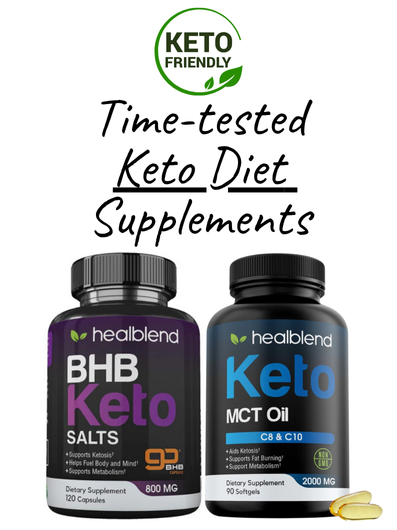1 product
View:
-
Organic Vegan Protein Powder Chocolate Flavor - 20g Plant Based Pea Protein Isolate
Regular price From $19.95Regular price $26.90 Sale price From $19.95Unit price per


To be the first to hear about our new arrivals, special promotions and online exclusives.